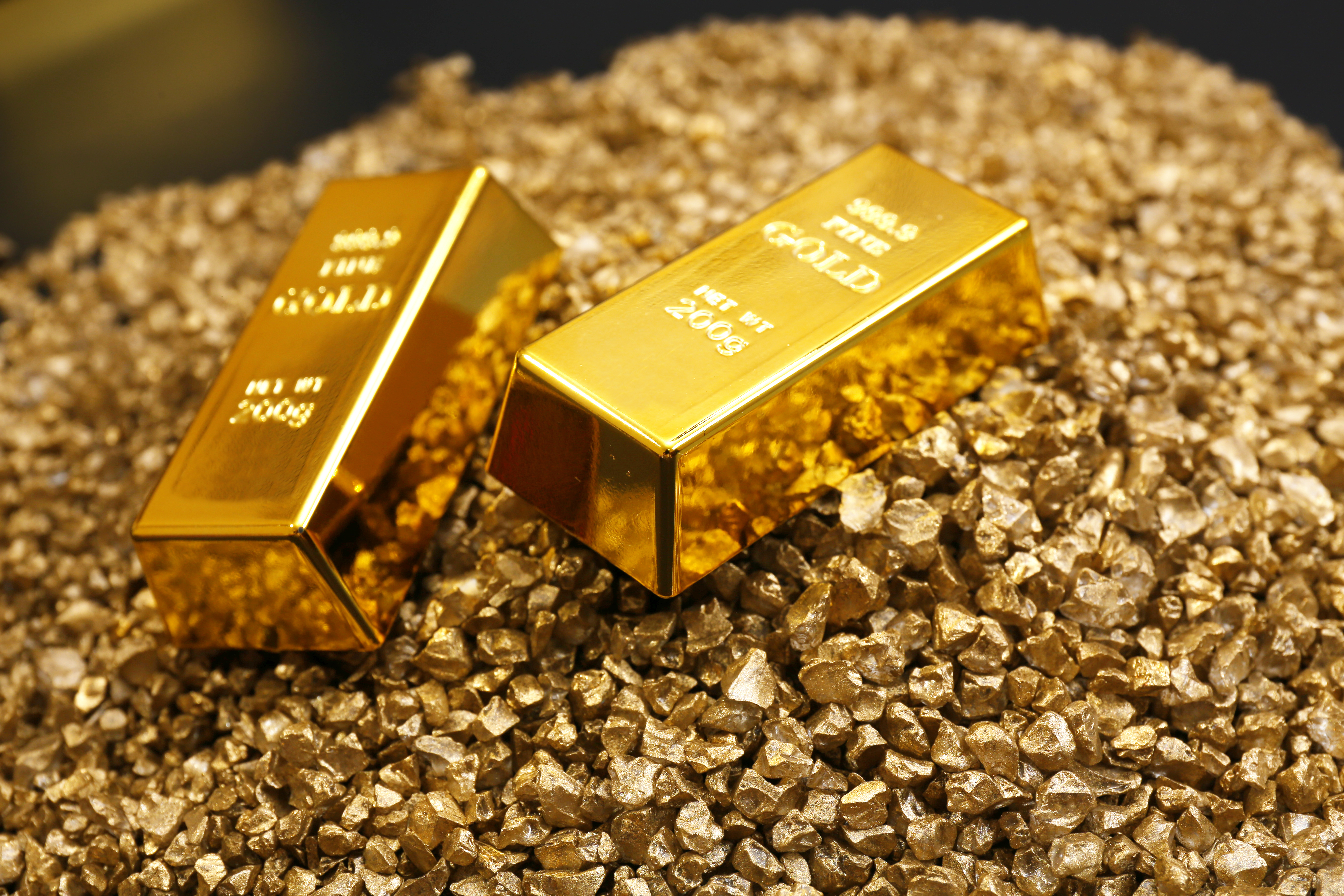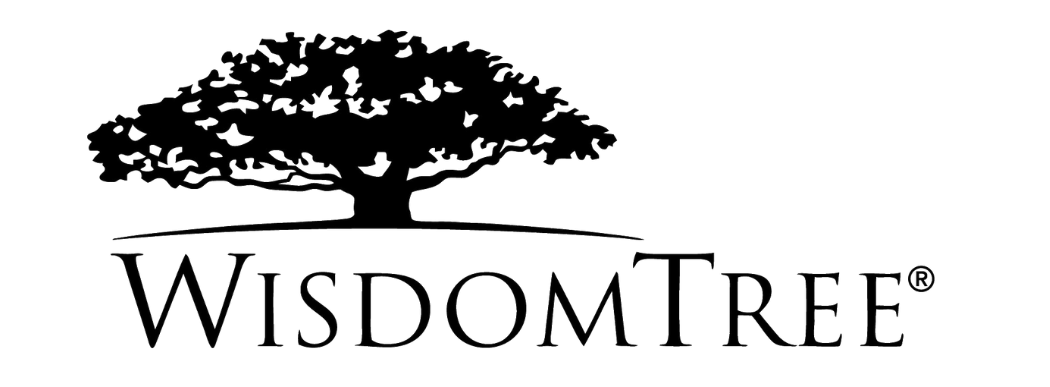The London Bullion Market Association’s (LBMA) responsible gold sourcing programme is perpetuating greenwashing in the ETF industry by enabling issuers to label their gold exchange-traded commodities (ETCs) as ESG friendly.
The LBMA’s responsible sourcing programme came under fire earlier this month after five civil society organisations (CSOs) wrote an open letter claiming that it failed to prevent human rights abuses and illicit trade
In particular, the letter highlighted two examples where LBMA-approved refiners – Barrick’s North Mara Gold Mine in Tanzania and Swiss-based Valcambi – were associated with conflict gold last year and warned investors cannot have confidence in the programme.
“Based on civil society’s research, it is clear that there are serious weaknesses in the programme and that downstream customers cannot have confidence that the LBMA’s Good Delivery gold is free of human rights abuses and not linked to conflict and illicit trade,” it added.
The LBMA has since responded to the letter by stating that while no programme is perfect, it remains committed to continuous improvements and engagement with stakeholders in addressing supply chain risks.
It said the programme, which has been in place since 2012, “ensures that gold sourced from conflict-affected and high-risk areas is responsibly sourced and that it is not contributing to terrorist financing, money laundering activities and human rights abuses”.
Effectively, the LBMA has placed itself as the global regulator for gold sourcing, however, as highlighted by the open letter, trying to manage a programme such as this is a “thankless task”, according to one industry source.
With the majority of gold mines in countries that are not even considered frontier markets, the infrastructure is simply not in place to ensure factors such as mining conditions or rights abuses are guaranteed not to happen.
Issuers have responded to the open letter to the LBMA. Invesco, which runs one of the largest gold ETCs in Europe, the $12.1bn Invesco Physical Gold ETC (SGLD), said in a statement to ETF Stream: “Investors have made clear to us that adherence to the LBMA’s responsible gold guidance was important and we have worked to ensure that our gold products do so consistently. If a new or modified standard become relevant for investors, then we will look to deliver clients a product that is consistent with those.”
Meanwhile, WisdomTree, which offers the most extensive gold ETC range in Europe, said the physical commodities space is still evolving from an ESG perspective.
The firm said in a statement: “There is still more work to be done and we are monitoring developments here closely. ETF issuers look to partner with experts such as LBMA to help offer both guidance and progress global gold standards.”
While the LBMA’s attempt to significantly raise market standards can certainly be applauded, its programme is allowing ETF issuers to stamp their gold products as ESG making them eligible for inclusion in ESG portfolios.
As a result, the huge rise of ESG over the past few years is driving more inflows into gold ETCs and in turn, driving more money to gold miners that in some cases are still involved in human rights abuses and conflict gold.
What this is effectively creating is a doom loop where the problem is becoming even bigger by giving gold products a responsible stamp of approval, especially when it is from a trusted source such as the LBMA.
ETF issuers and investors can claim they are simply following the LBMA’s guidelines but both need to take more responsibility.
And this is all without even mentioning the impact gold mining has on the environment as highlighted in the Q4 2020 edition of Beyond Beta.




